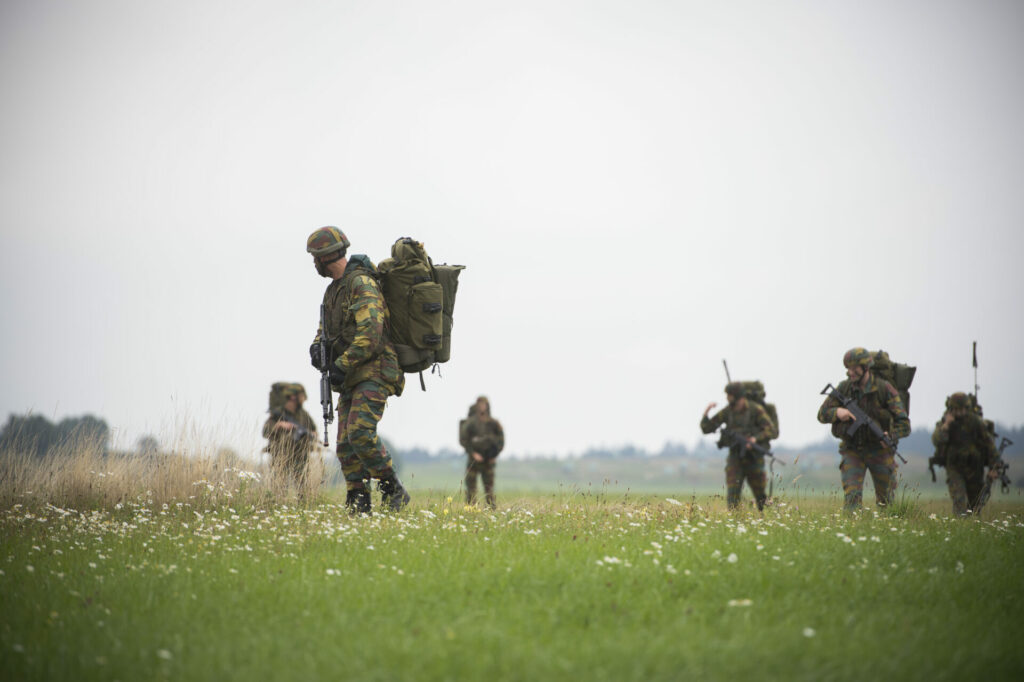Only seven of the 30 NATO Member States met the target of spending at least 2% of their gross domestic product (GDP) on defence, figures published by NATO Secretary General Jens Stoltenberg show.
The NATO military alliance agreed that each Member State should invest a certain percentage of its gross domestic product (GDP) in their army. In 2006, it was decided to set the target at 2%. However, as many countries fell short, it was agreed at a NATO summit in Wales in 2014 – shortly after the Russian invasion of Crimea – that those countries would aim to move towards that 2% target by 2024.
"There is no doubt that we have to do more, and that we have to do it faster," Stoltenberg said during the presentation of the figures. "The pace at which the defence budget is being increased is not fast enough. In a world that has become more dangerous, we need to invest more in defence."
Last year, the 2% threshold was only met by seven NATO members: Greece (3.54%), the United States (3.46%), Lithuania (2.47%), Poland (2.42%), the United Kingdom (2.16%), Estonia (2.12%) and Latvia (2.07%).
Two countries that were expected to meet the standard this year failed to do so, mainly because their GDP has risen more than expected, said Stoltenberg. Belgium does not meet the 2% standard and instead dangles at the bottom of the list: ranking 28th out of 30 NATO countries with just 1.18%. Only Spain (1.09%) and Luxembourg (0.62%) spend even less on defence.
Related News
- 'We live in a more dangerous world,' NATO says ahead of military spending boost
- Interview: Belgian Defence Minister pledges to rebuild country’s armed forces
- Belgium boosts army with some 30 new helicopters
While the Belgian defence budget is increasing, it has only just started doing so. Still, the Federal Government last summer decided to increase the defence budget to 2% of the GDP by 2035.
However, Stoltenberg announced that he wants the 2% threshold to become a lower limit, not a ceiling – a proposition that is expected to be on the table at the upcoming NATO summit next summer in the Lithuanian capital Vilnius.

